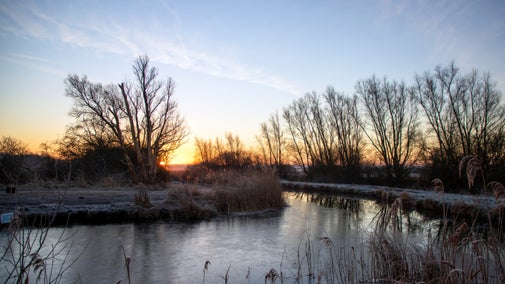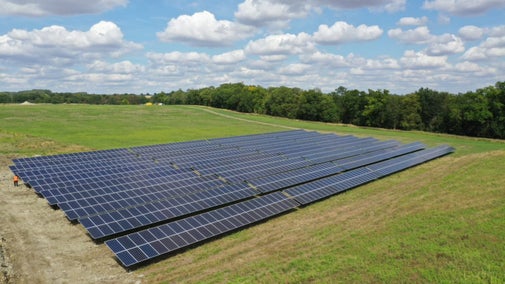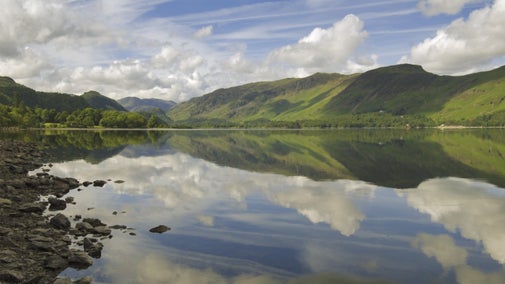Tree planting
Creating a coastal woodland at Ballykeel
Only eight per cent of Northern Ireland’s land mass is woodland, which is below the UK average of 13 per cent. Because of this, we’re planting 6,500 trees at Ballykeel to create native woodland with funding from the Woodland Trust and the Department of Agriculture, Environment and Rural Affairs (Defra).
Ballykeel is an ideal spot to create a coastal woodland. It’s sheltered and doesn’t have a large variety of wildflowers, so planting trees will enhance the land and create homes for wildlife. We’ve planted a variety of native tree species including oak, hazel, birch and common alder. The new woodland will provide habitats for local wildlife such as badgers, butterflies, wren and finch. It will also store carbon to help tackle climate change.







